
P-Model is the eighth studio album by P-Model and the first by the "defrosted" lineup.
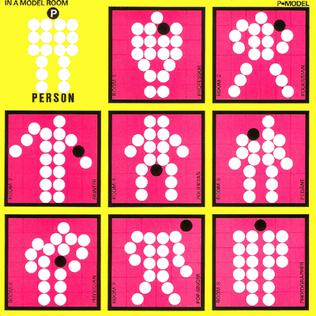
In a Model Room is the debut album of Japanese band P-Model. It was an electronic pop album, released in 1979 under the label, Warner Bros.

Landsale is P-Model's second album.
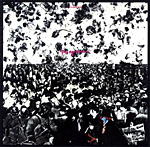
Potpourri is the third album of Japanese band P-Model.
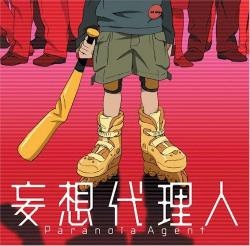
Paranoia Agent Original Soundtrack is the soundtrack to the TV series Paranoia Agent composed by Susumu Hirasawa. The CDs catalog number is #5274, and is labeled by Geneon Entertainment, the same company that originally held the English language rights to the anime series in the US.

Water in Time and Space is Susumu Hirasawa's first solo album.
Shun was a Japanese experimental sampling unit created by Susumu Hirasawa. The group was active from 1983 to 1987, although it was never officially ended, and was revived by Hirasawa in 1994 to 1996.
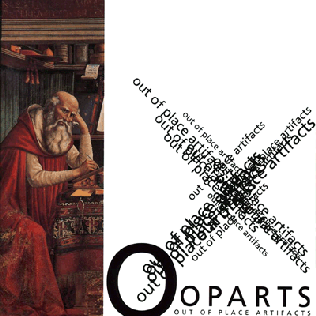
OOPARTS is a compilation album by the Japanese experimental music group Shun, released on DIW Records in 1994. The title of the album references out-of-place artifacts.

Pause is the first live album by P-Model. It was recorded at the final show by the "defrosted" lineup. It is part of a pair of conceptual takes on a live album, alongside The Way of Live: On this album, Hirasawa presented the show as an audience member would have heard it, and as such most technical glitches and leaked backstage audio heard at the concert was kept for the release.

SYUN was a Japanese record label founded by Susumu Hirasawa in 1994. Hirasawa created the label to be able to have freedom to release some of his less commercial works ; the label was named after Shun, Hirasawa's experimental sampler unit, the label's logo is the cover of the Syun album SHUN・4, which was designed by Quiyoshi Inagaki. Distribution was handled by DIW Records, an independent label owned by the music store chain disk UNION. It released music sparsely, always in a pair of two, which were sold in record stores and through mail order. Hirasawa's direct releases were mostly material that was created years before it was released. The label eventually stopped after Hirasawa/P-MODEL signed with Nippon Columbia and later on formed the Chaos Union company, giving himself more freedom to release what he wants. Hirasawa eventually released the Ashu-on [Sound Subspecies] in the solar system and HALDYN DOME box sets, reissuing most of the SYUN catalog, with most of the remaining releases being out of print since their release under the SYUN label.
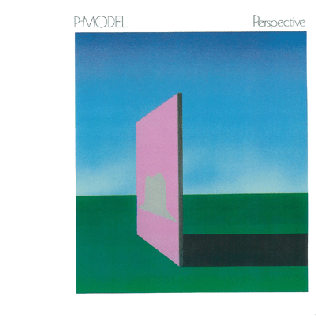
Perspective is P-Model's fourth album.
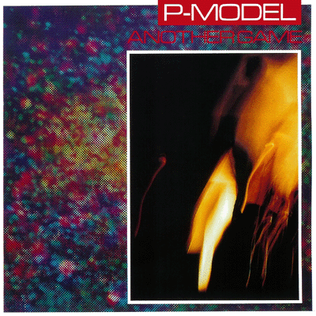
Another Game is the fifth studio album by P-Model.

One Pattern is a 1986 album by P-Model and the last before the band's hiatus in 1988.
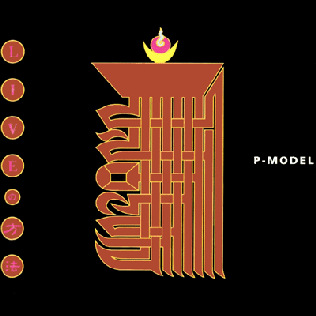
The Way of Live is the third remix album by P-Model.

Gipnoza is the second album by Kaku P-Model.

Archetype | 1989–1995 Polydor years of Hirasawa is Susumu Hirasawa's fourth compilation album.

Phonon 2555 Vision is a live video album by Susumu Hirasawa. It contains recordings of the Phonon 2555 shows from 2012, part of the "Phonon" series of Hirasawa concerts. The number on the title represents the year of the performance on the Thai solar calendar.

Fune is the tenth studio album by P-Model and the first by its "revised" lineup.
Mandrake (マンドレイク) was a Japanese progressive rock band formed in Tokyo in 1973. One of the few Japanese groups active during the genre's heyday, they distinguished themselves by developing a style of their own, harder than the jazz fusion hybrid most other Japanese groups played.
The following is the solo discography of Susumu Hirasawa, Japanese musician and composer. Since the beginning of his professional activities in 1973, Hirasawa has produced a prolific number of recordings, with a constant stream of releases since 1978, under his own name as well as multiple bands and side projects. See Mandrake, P-Model and Shun (band) for more output.

















